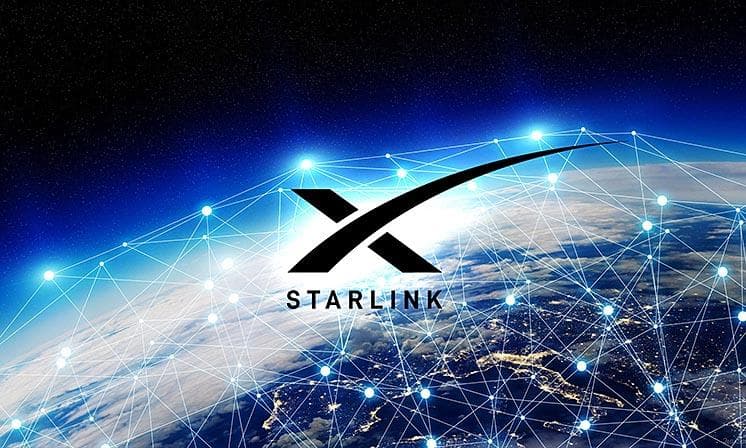
Starlink, the satellite internet service provider owned by SpaceX, has announced a significant price increase for its services in Nigeria, citing “excessive levels of inflation” as the reason. This announcement comes just months after the company made headlines for reducing hardware costs in the country.
New Service Pricing Structure
According to the recent announcement, the new monthly service prices are as follows:
– Standard (Residential): ₦75,000
– Mobile – Regional (Roam Unlimited): ₦167,000
– Mobile – Global (Global Roam): ₦717,000
Implementation Timeline
Existing customers will see the price increase take effect on October 31, 2024, providing them with a one-month notice period. New customers, however, will be subject to the new rates immediately.
Earlier Hardware Cost Reduction
This service price hike follows a contrasting move earlier this year. On April 12, Starlink implemented a substantial 45% reduction in the price of its hardware in Nigeria. The cost of the Starlink internet router was reduced from ₦800,000 to ₦440,000, a move that was aimed at increasing the affordability and accessibility of the service in the country.
Starlink has informed its customers that they have the option to cancel their service at any time if they do not wish to continue under the new pricing structure. The company expressed gratitude for customer support and loyalty in its message.
Impact and Context
These contrasting price changes within a short period highlight the complex dynamics of operating a satellite internet service in Nigeria. While the hardware price reduction was seen as a step towards making the service more accessible, the recent service price increase may offset some of those gains.
The substantial rise in Starlink’s monthly fees may pose challenges for both individual users and businesses relying on the service for internet connectivity, especially in a country already grappling with high inflation rates across various sectors of the economy.
It remains to be seen how this price increase will affect Starlink’s market position in Nigeria and whether competitors will adjust their pricing in response. The company’s strategy of reducing hardware costs while increasing service prices presents an interesting case study in balancing accessibility and operational costs in emerging markets.
Customers now face the decision of whether to absorb the higher monthly costs, potentially offset by the lower initial hardware investment, or seek alternative internet solutions.
Starlink has not provided information on whether similar price adjustments will be implemented in other markets where it operates.














 and then
and then